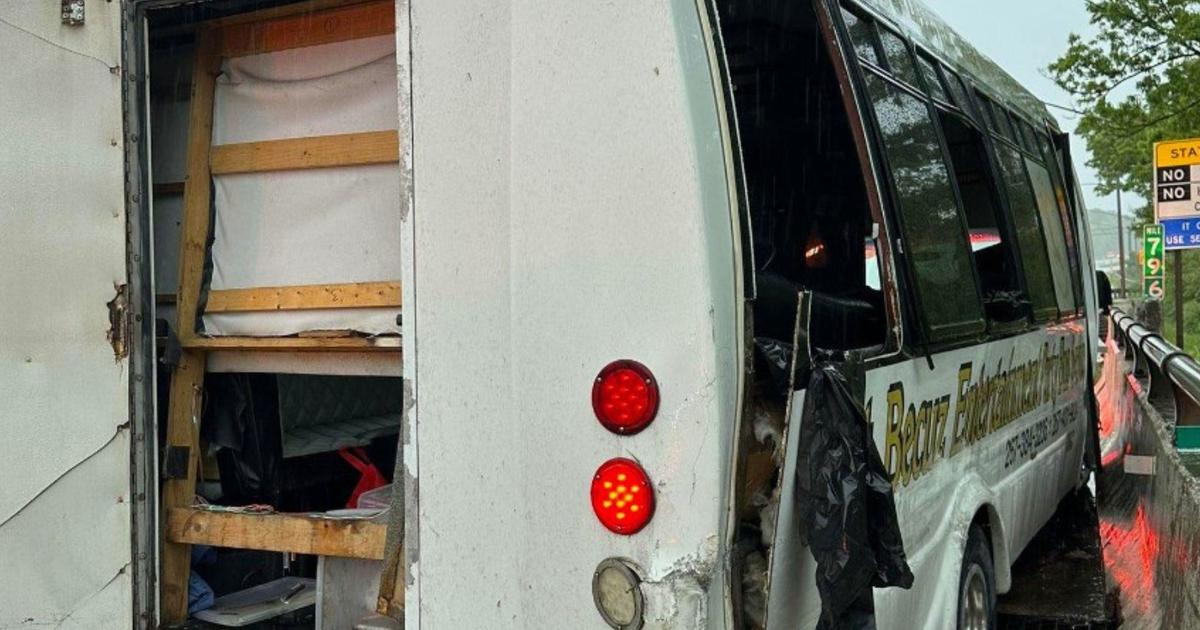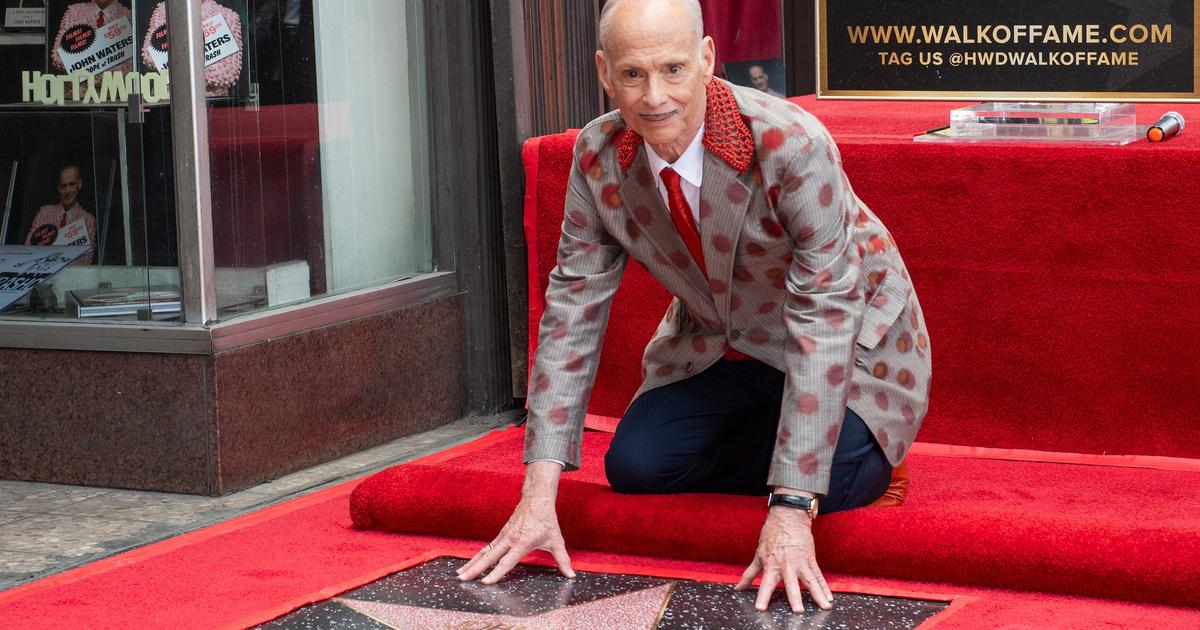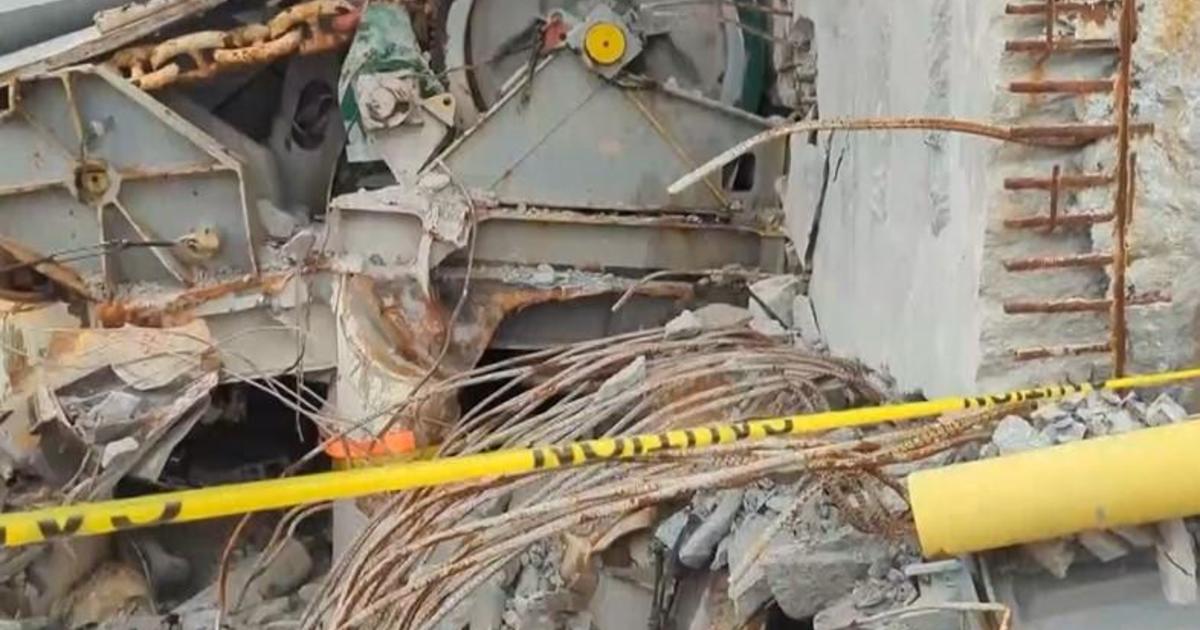Sheriff's Office Says Rite-Aid Shooter Had Acute Schizophrenia
HARFORD COUNTY, Md. (WJZ) — The Harford County Sheriff's Office said 26-year-old Snochia Moseley had been diagnosed with acute schizophrenia.
They said she answered no to questions about whether she had a mental illness when filling out paperwork to purchase a handgun.
Moseley opened fire Thursday at the distribution center in Perryman where she worked. Three people were killed, three others were injured.
Moseley then killed herself.
There have been questions on how Moseley had been able to have access to the gun.
Soon, however, Maryland will have a law on the books that alone could have meant her gun would have been taken. But until then, it appears Moseley would have been able to buy the gun she used in the shooting.
The past legislative session, Maryland did pass what's called "Red Flag Law" which in short allows police to take away guns from people who may pose a threat, based on concerns from family or the community.
The law is set to go into effect October 1.
At a press conference one day after the shooting, the Sheriff's Office explained how Moseley was allowed access to the gun.
"There are 2 caveats that must be met in order to be prohibited under state law. Both caveats were not met. One was she was diagnosed with a mental illness or disorder as it's called in the law. The second is she has to show a propensity of violence to herself or others pre-application which that was not present," said officials.
According to state law, she also would have needed to either been involuntarily committed to a mental health facility for any period of time or voluntarily gone to one for more than 30 days.
"If the shooter was the one suffering from the mental health disorder she would be the wrong person to ask as to whether she's qualified to have that handgun, said" Adam Ruther with Rosenberg, Martin Greenberg.
Legal expert Adam Ruther said despite Maryland already having some of the strictest gun laws requiring fingerprinting, background checks, and even FBI screening there's nothing that stops someone from either lying or omitting the truth of their condition.
"That's the unfortunate nature of gun control laws in general to some extent they rely like this law does on the honesty of individuals trying to get firearms which is not always a reliable way to prevent the dishonest from getting a firearm," Ruther said.
According to a report in "The Aegis", a Garford county sheriff's official told Aberdeen city leaders Monday, Moseley answered "no" to the question about having a mental disorder when filling out the paperwork to buy her gun.
Follow @WJZ on Twitter and like WJZ-TV | CBS Baltimore on Facebook



